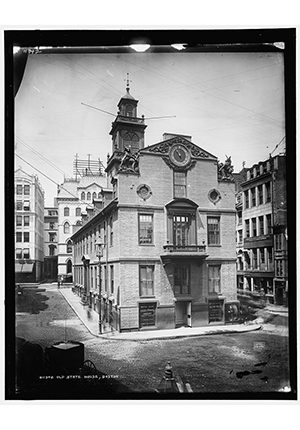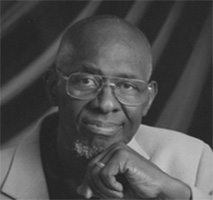Historic Document
Instructions to Jasper Mauduit from the Massachusetts General Court (1762)
Massachusetts General Court | 1762

Library of Congress, Prints and Photographs Division
Summary
It is an error to suggest that prior to the Revolution Americans did not meaningfully divide over questions of rights and liberties. It is also wrong to minimize the influence of modern political philosophy in the direction that debates ultimately took. Not only was it the case that the British Constitution ceased to offer adequate authority from the moment the imperial power itself came into question (the evidence for which may be gleaned from the Massachusetts General Court’s instructions to its British agent, Jasper Mauduit, in 1762, which instructions elevated John Locke above immemorial usage).
Selected by

William B. Allen
Emeritus Dean of James Madison College and Emeritus Professor of Political Science at Michigan State University

Jonathan Gienapp
Associate Professor of History at Stanford University
Document Excerpt
The General Court wrote to Mauduit June 12, 1762:
“The natural Rights of the Colonists, we humbly conceive to be the same with those of all other British Subjects, and indeed of all Mankind. The principal of these Rights is to be ‘Free from any superior Power on Earth, and not to be under the Will or Legislative Authority of Man, but to have only the Law of Nature for his Rule.’” Massachusetts Archives, xxii, 247




